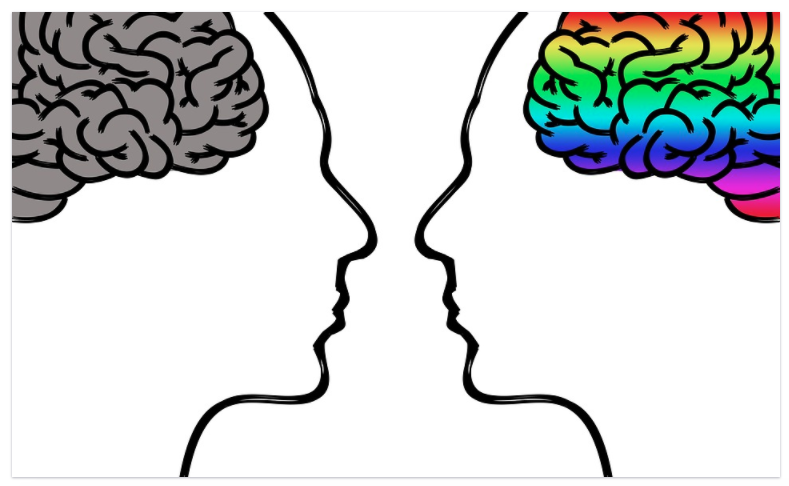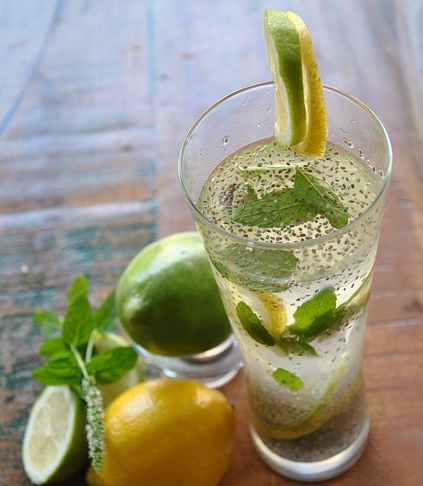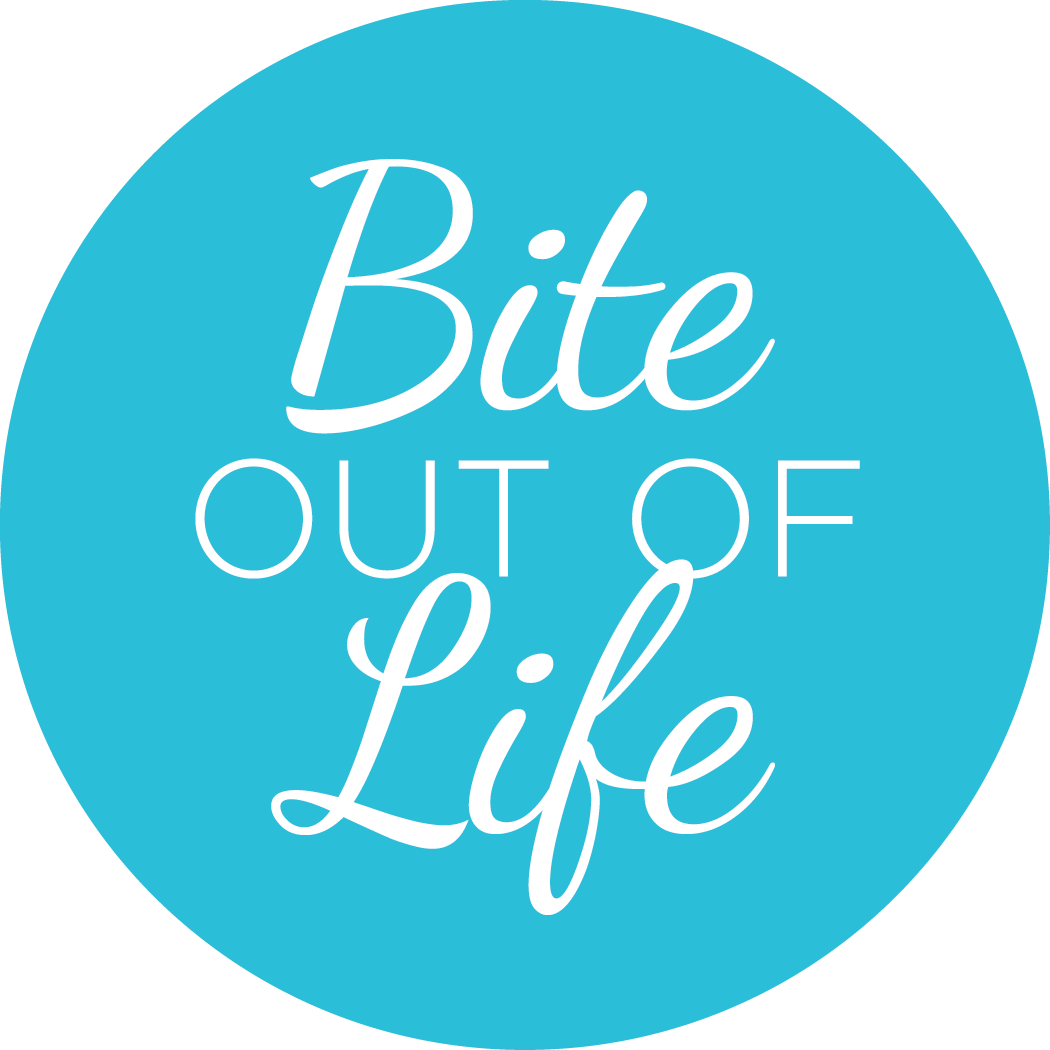
So much of health is about habits and actions, but from where are these rooted?
Change feels daunting – but what if we don’t have to make as many changes as we think we do? What if we could isolate the one most powerful thing to make the biggest difference?
Well, here it is: your mindset.
Mindset is sometimes called “the story we tell ourselves.” It’s our attitude toward things in our life and it is an area where we have total control. Amazing, right?
And the best part? Research is showing that it may be far more powerful than we thought.
What does science say about mindset?
Here’s a fascinating study.
Researchers at Stanford University looked at a bunch of people’s eating and lifestyle habits as well as a series of defined health markers.
Even though the people involved in the study all led similar lives including how active they were each day, researchers found that the people who thought they were a lot less active had a higher risk of death than the general public. And, they also had up to a 71% higher risk of death than people who thought they were more active.
How is this even possible that people who simply thought they were less active had higher risks, even if it wasn’t true?
There are a couple of ideas why. One is that if we feel like we’re less active, more sluggish, more sedentary, it may make us feel more stressed and depressed. And stress isn’t good for our mental or physical health.
Second, there can be a powerful mind-body connection where the body embodies what the mind visualizes. Dr. Bruce Lipton, a medical school professor and research scientist and the author of The Biology of Belief, has discovered that our genes and our DNA are controlled by signals from outside the cell, including the energetic messages emanating from our positive and negative thoughts. This is viewed as a major breakthrough showing that our bodies can be changed as we retrain our thinking. Amazing, right? Our thoughts can impact our physical selves. Imagine the power in that!
And while there is still work to be done in terms of fully understanding this emerging science, what we can all agree on is that mindset matters when it comes to improving and maintaining good health.
So, let me give you a couple of strategies to boost your mindset for health.
Health mindset strategy 1 – Aim for good enough.
Almost no one eats perfectly seven days a week. Not even a nutritionist like me. There I said it – I’m not perfect. Are you shocked? You should not be and you should also not try to be perfect yourself.
It’s no surprise that obsessing over the quality and quantity of everything we eat or drink isn’t a great mindset to adopt. This constant pressure and preoccupation with what food/drink is ‘good’ (healthy) and what is ‘bad’ (unhealthy) and the shunning of anything that is not 100% perfectly aligned with the perception of ‘clean eating’ can bring on binging, guilt and shame.
None of these actions or emotions are sustainable ways to build better health. A better solution is to be aware – mindful – of what triggers your actions and be prepared to make different choices and decisions that support the new way you want to behave. As often as you can. Notice I did not say always.
So, instead of having an all-or-nothing approach where every food or choice or decision has to be ‘perfect’ or you ‘might as well not try at all’, aim for ‘good enough’. Sometimes that is just enough to make you feel you did your best despite whatever circumstance is going on, and it is certainly more empowering to make better choices, instead of perfect choices.
Health mindset strategy 2 – Stop making unfair tradeoffs
When you try to earn a gluttonous weekend by ‘eating clean’ during the week, you’re making an unfair tradeoff. You’re telling yourself that as long as you’re ‘good’ most of the week, you can go wild on the weekend. And that’s not awesome and not helpful because instead of working toward a peaceful, satisfied and consistent mindset, you are instead asking your mindset to jump from one extreme to the other.
Instead of building new habits, you are simply exercising a deprivation mindset all week as the price you have to pay for anticipated overindulging. That’s practicing that all-or-nothing attitude and not moving you forward toward making more positive changes.
Here’s a much better approach: just live as though you’re trying to do well every single day. Like you care about your health and wellness. That each day, each meal, each bite you take is an opportunity to do your best right now.
Will it be perfect each and every time? Never. But that’s ok. The poet and civil rights activist Maya Angelou said: “I did then what I knew how to do. Now that I know better, I do better.” It’s one of my favourite quotes and helps me know that when I stumble, when I veer off the track that I am trying to walk, when I am doing my best today as my life unfolds around me, that’s good enough.
And if it’s good enough for me – it’s good enough for you.
Conclusion
Mindset for health can be a powerful tool for better physical health. There’s a proven mind-body connection that research can measure.
Thinking positively, and dropping the all-or-nothing approach and the good/bad labels, will help you reach your health goals.
How is your mindset for health? Which of these tips and points resonate most with you? How are you going to implement them in your life to help you do your best today?
Let me know in the comments below.
 Recipe (Morning mindset refresher): Chia Lemon Water
Recipe (Morning mindset refresher): Chia Lemon Water
Serves 1
Ingredients:
- 1 Tbsp chia seeds
- ½ lemon/lime (or use a combination of both), sliced
- water – at least 16 ounces
- mint leaves (optional)
Directions:
- Add the chia seeds & lemon/lime slices to your favourite water bottle or glass cup.
- Fill to top with pure filtered water.
- If desired, garnish with some torn mint leaves.
Tip: Shake or stir before drinking.
Chia seeds are rich in dietary fibre and an excellent source of omega 3 fatty acids which help reduce systemic inflammation.
References:
